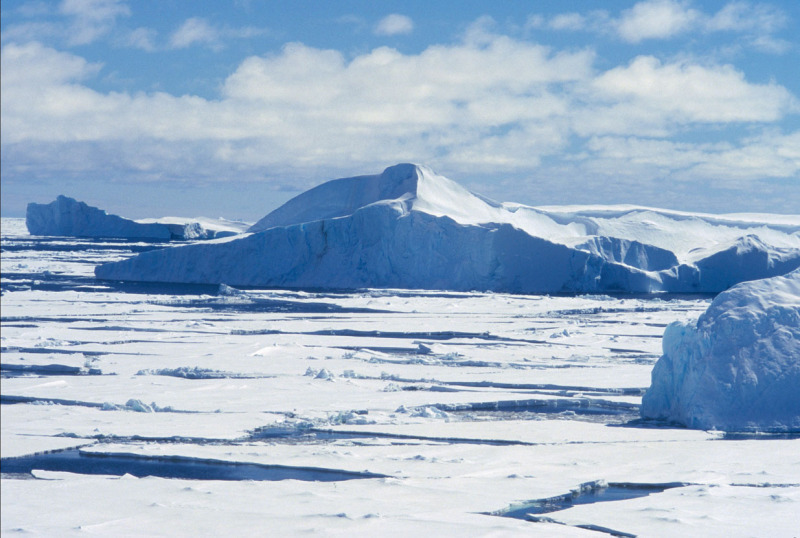Gland, Switzerland – Around the world, governments are failing to prevent overfishing on the high seas. On World Ocean Day (June 8), WWF warns the plundering of the planet’s last great ecological frontier will have dire implications for food security and livelihoods for millions of people.
The high seas, areas outside of national jurisdiction, account for over two-thirds of the world’s oceans and its rich biodiversity is as much under threat as within countries’ waters. Some 65 percent of straddling and high seas fish stocks are overfished and fragile cold water corals and sea mounts are bulldozed by indiscriminate fishing.
In many cases, legal fishing on the high seas fails to follow scientific advice while illegal fishers are looting with impunity, hauling up catches with an estimated value of $1.2 billion USD annually. Government subsidies are also a scourge, encouraging ever bigger fishing fleets chasing ever fewer fish. Subsidies prop up a bloated global fishing fleet 50 to 60 percent higher than it should be.
“It is high time that the high seas received more attention, and that countries take their responsibilities as the current stewards of this global commons seriously.” said Alistair Graham, High Seas Policy Advisor at WWF International. “Countries must ratify the Agreement on Port State Measures against illegal fishing and stop perverse subsidies that lead to ecosystem degradation.”
Well-managed marine resources are vital to the future of millions of people around the globe. The UN’s Green Economy report, previewed in New York last month, estimates there are 35 million people fishing around the world on 20 million boats. About 170 million jobs depend directly or indirectly on the sector, bringing the total web of people financially linked to 520 million.
Despite the enormous value of our blue planet, less than one percent of the world’s oceans are designated as protected – compared to almost 14 percent of our land area. Of the small total size of Marine Protected Areas (MPAs) that have been established, very few are found on the high seas.
“In addition to providing a basis for natural resource management, MPAs are an essential sustainable development tool that benefit people, their cultures and their economies.” added Alistair Graham.
Recent efforts to boost protection for the high seas offer hope for the wild west of the oceans.
In November 2009, approximately 94’000 sqkm of waters in the Southern Ocean were designated as the South Orkney’s marine protected area with fishing activity banned by the Commission for the Conservation of Antarctic Marine Living Resources. At an upcoming meeting of the OSPAR Commission, an international body to protect the environment in the North-East Atlantic, five new High Seas MPAs will be formally announced – including the 300’000 sqkm of the Charlie Gibbs Fracture Zone on the Mid-Atlantic Ridge.
The Mid-Atlantic Ridge snakes along the sea floor from the North Pole to the Southern Ocean, straddling the international waters between Iceland and the Azores. Creating a towering barrier between east and west with some peaks rising 3,500 metres above the ocean floor, it hosts cold-water corals and visiting whales and turtles. Trenches cutting through the Ridge – the Charlie-Gibbs Fracture Zone plunges to 4,500 metres – provide the only route for deep sea species migrating from ocean on one side of the Ridge to the other.
World leaders have recognized that our oceans need urgent protection. At the World Summit for Sustainable Development in 2002 they agreed to create ecologically representative MPA networks by 2012. Governments meeting in October at the Convention on Biological Diversity Conference of the Parties in Japan must agree to further identify and protect areas of ecological significance for high seas protection.
“If governments are serious about establishing well-managed networks of MPAs, then there should have been a massive increase in the number of MPAs set-up since 2002,” added Alistair Graham. “Sadly, this has not yet happened. It’s time to get moving if we’re to ensure the beauty and richness of our seas and oceans are here for generations to come.”














